
In mid-October 2025, U.S. authorities dismantled a major crypto fraud network. Federal agents seized 127,271 BTC (~$15 billion) from Cambodia’s Prince Holding Group. DOJ called it the largest crypto asset forfeiture ever.
Attorney General Bondi said the takedown is “one of the most significant strikes” against trafficking and fraud, sending “a clear message…we will use every tool” to help victims. FBI Director Kash Patel added it was “one of the largest financial fraud takedowns in history”.
Kingpin of a Global “Pig-Butchering” Scam Empire
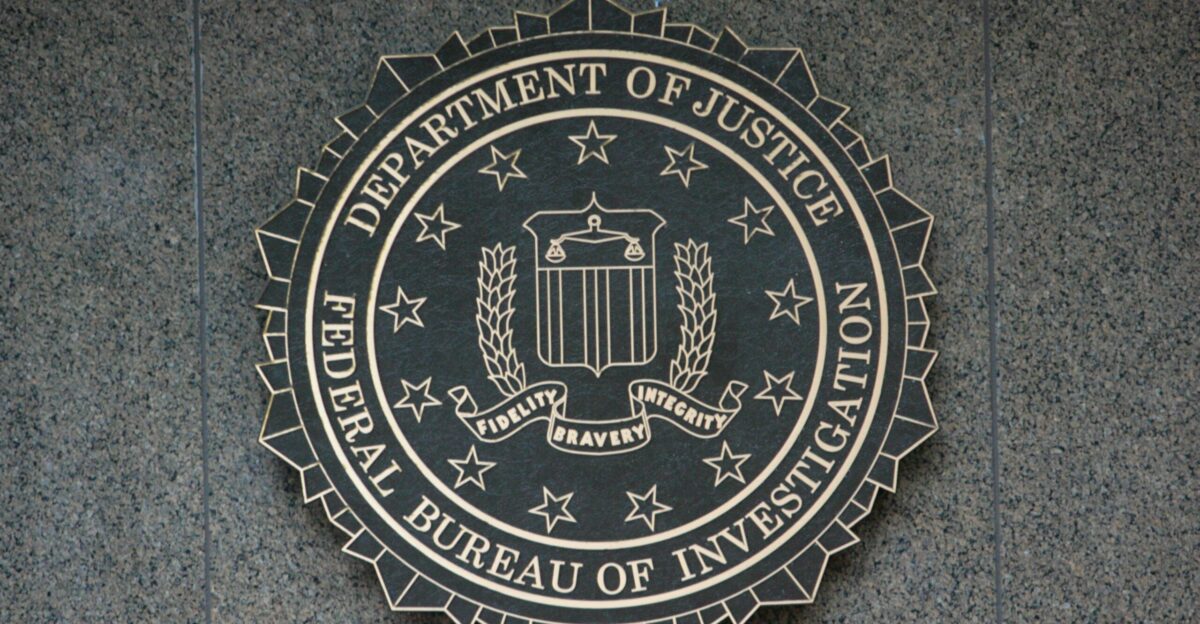
Investigators unsealed an indictment charging 37-year-old Chen Zhi (aka “Vincent”) – founder of Prince Holding Group – with wire fraud and money laundering. Prosecutors say Chen built a criminal empire across 30+ countries, funneling billions through fake crypto schemes.
Trafficked workers in Cambodia’s so-called “phone farms” were forced to lure victims into bogus investment platforms. Chen even boasted of “pulling in $30 million a day” at the operation’s peak.
American Victims Suffer Devastating Losses
The scheme crushed hundreds of U.S. families. Justice Dept. filings say thousands of Americans were duped by fake romantic and investment pitches. Victims reportedly lost life savings, retirement funds, and even homes.
“Prince Group’s scams have caused billions of dollars in losses and untold misery to victims around the world,” said U.S. Attorney Nocella.
Jets, Yachts, and Art Purchases

Court records show Chen Zhi spent the fraud proceeds lavishly. Stolen crypto reportedly funded real estate in London, private jets, luxury yachts, and even a Picasso painting bought at a New York auction.
This spending spree revealed how Chen hid illicit funds under Prince Group’s legitimate front. Investigators found company brochures touting real estate, banking, and tech services across Asia – masks for the massive money-laundering empire exposed by the bust.
Exchanges Under Scrutiny After Compliance Gaps

The case exposed failures by crypto exchanges. Chainalysis warned today’s action was “the largest-ever coordinated effort” against crypto scams and a “historic $15 billion bitcoin seizure,” underscoring how law enforcement can now trace illicit funds.
Analysts say exchanges must now enhance due diligence. Chainalysis advises platforms to screen transactions against all newly sanctioned actors and to flag “pig-butchering” scam patterns.
US-UK Sanctions Cut Off the Network

The Treasury’s Office of Foreign Assets Control took rapid action. On Oct. 15, the U.S. and U.K. imposed joint sanctions on 146 individuals and entities tied to Prince Holding Group.
The designations freeze foreign assets and bar any transactions with Americans, effectively severing Prince Group from the U.S. financial system. Officials also announced travel bans on senior figures and warnings for Western real estate markets.
Horrific Forced-Labor Scam Camps Unveiled

Investigators detailed brutal conditions inside the fraud compounds. U.S. filings describe barracks surrounded by high walls and barbed wire where hundreds of trafficked workers were held against their will.
The DOJ says prisoners were beaten, tortured, or starved if they failed to meet quotas. Assistant AG Eisenberg said victims were “confined in prison-like compounds and forced to carry out online scams on an industrial scale,” preying on thousands globally.
Lawmakers Press for Tighter Crypto Rules

The massive losses galvanized Capitol Hill. Regulators noted that Americans lost over $10 billion to Southeast Asia-based crypto scams in 2024. In response, senators announced hearings and new bills to tighten KYC and monitoring at crypto exchanges.
A Senate Banking aide confirmed plans to examine how Prince Group moved so much money undetected. Legislators say they will push rules forcing exchanges to flag suspicious wallets and to block transactions linked to sanctioned networks.
Market Jitters Over Seized Bitcoin
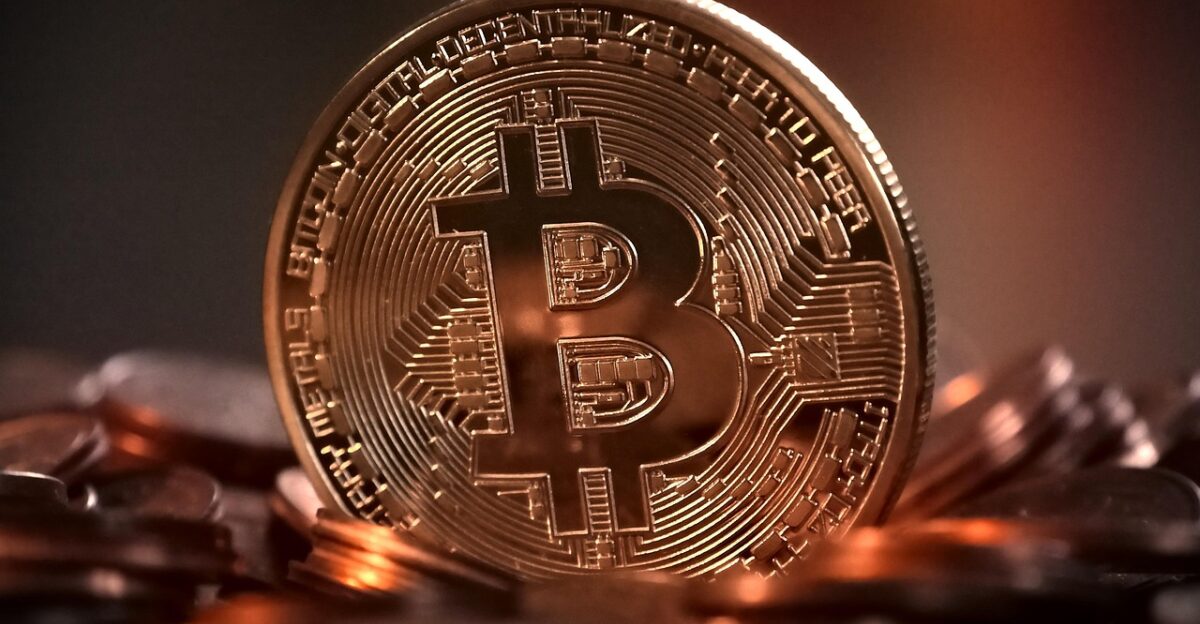
Traders immediately eyed the $15 billion haul. The U.S. government now holds 127,271 BTC – roughly 0.6% of total supply. Crypto analysts warn that if sold too fast, such a large government auction could depress prices.
Treasury officials have so far declined to detail a sale strategy. Historically, authorities stagger forfeiture auctions to avoid market shocks. Still, the sheer size of this seizure has prompted hedge funds to hedge their bets, and Bitcoin’s implied volatility briefly spiked on news of the October 14 announcement.
Banks Rethink Cambodia Exposure
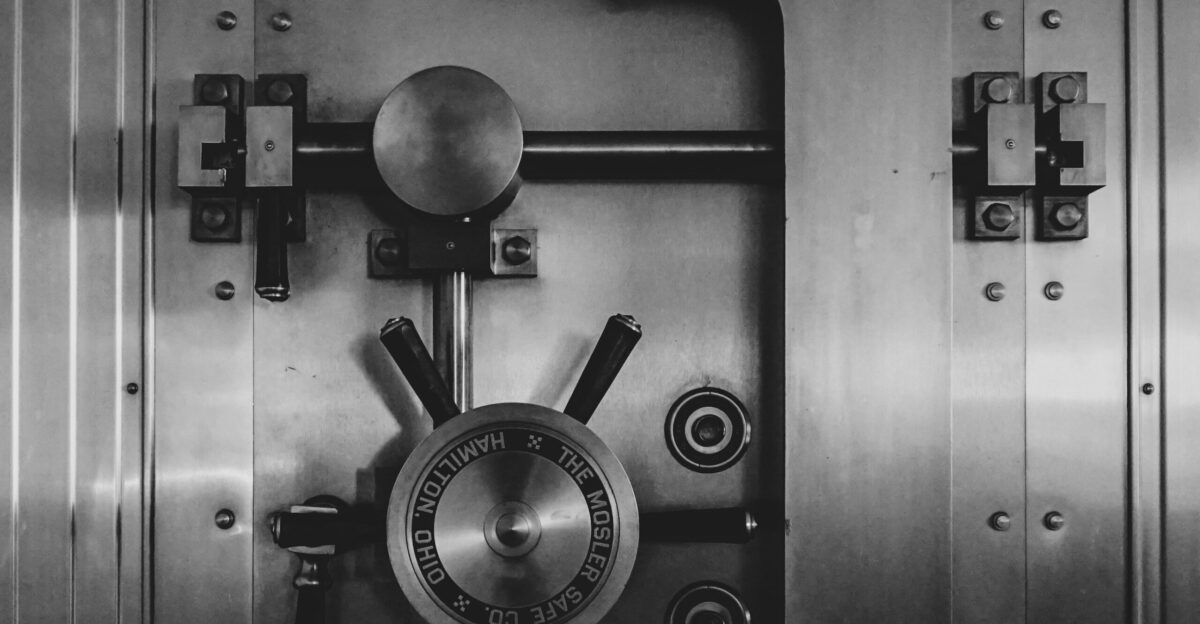
Global banks and payment firms with Cambodia ties are taking a hard look at risk controls. Financial institutions are rapidly terminating accounts linked to any of the 146 sanctioned entities to avoid heavy fines.
Jacob Sims, a Harvard Asia Center expert, warns that this action will make “every global bank, real estate firm, and investor think twice before touching Cambodian elite money”. Compliance chiefs are scrambling to map correspondent banking chains and exit risky relationships, as regulators focus on enforcement of anti-money-laundering rules in Southeast Asia.
Victims’ Eye Restitution from Seized Funds

For scam victims, the $15B seizure offers a small silver lining. Justice Department statements note that courts could authorize using the 127,271 Bitcoins to reimburse victims. If approved, the government would auction the coins and deposit proceeds into a victim restitution fund.
Experts caution that this recovery process will take time and likely yield far less than total losses. Still, officials say the seizure creates a pathway – unprecedented in scale – for stolen crypto to be at least partly returned to those swindled.
Blockchain Forensics Firms in Spotlight

Private crypto-tracing companies are booming after the Prince Group takedown. Chain analysis firms like Crystal Intelligence (which aided this probe) now see surging demand. Venture capital is flooding into blockchain forensics startups, as banks and law enforcement seek better tracking tools.
Chainalysis noted this was “the largest-ever coordinated effort” against digital scams, a “landmark recovery” showing law enforcement’s growing power to trace crypto.
Industry Reacts

Within hours, the crackdown was hailed as a breakthrough. Crypto news outlets called it a “major victory in combating digital asset crime”. Chain analysts and regulators pointed out that global cooperation – combining intelligence and sanctions – made it possible.
Some industry voices argued that the takedown proves blockchain fraud is not “unkillable.” At the same time, critics warned that it adds to scrutiny and regulation of crypto markets worldwide, with trust in exchanges under pressure after yet another mega-scam bust.
Surge in Victim Trauma and Support Calls

Mental health experts report the human cost is immense. Victims of these scams often suffer deep psychological trauma, beyond financial ruin. Wayne Stevens of the UK’s Victim Support notes, “We see people losing [large] sums of money who managed to ride it out – then people losing a tenth of that amount, where it has a devastating effect on them”.
Psychotherapist Stefan Walters adds that scammed individuals often re-examine their whole worldview. “We start to doubt not only other people, but also ourselves,” Walters says.
Korea Bans Travel to Scam Zones

East Asian governments also took notice. South Korea announced bans on visiting Cambodia’s scam compound hotspots (like Bokor Mountain and Poipet City), after reports its nationals were lured into forced-labor scam sites there.
Seoul even dispatched law enforcement to Cambodia and plans to repatriate detained Korean victims. These steps underscore that pig-butchering fraud is not just a financial crime but a human rights crisis affecting regional stability.
Law Enforcement Celebrates a Crackdown
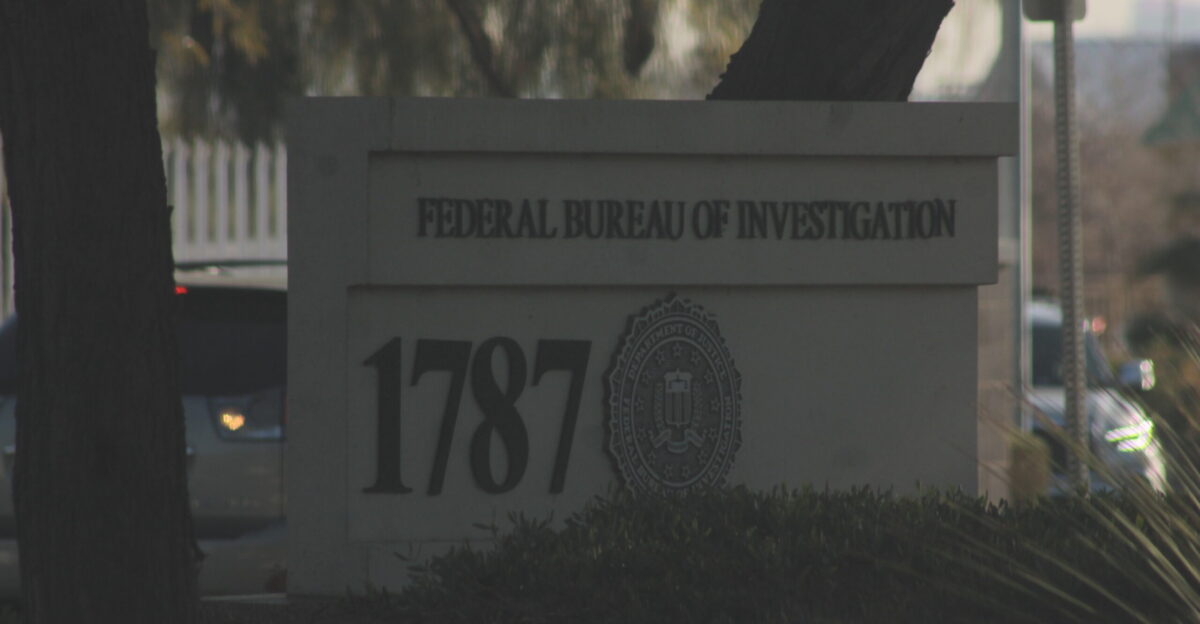
U.S. and allied investigators praise the operation’s scope. Experts say the takedown boosts specialized task forces like the FBI’s new Virtual Asset Unit. Analysts note that the DOJ’s success here will likely lead to bigger budgets for crypto crime teams. Harvard fellow Jacob Sims observed that while this single indictment won’t end online scamming, it will “fundamentally change the risk calculus”.
He believes the action “shrinks [the scam economy’s] oxygen supply” and signals to regimes like Cambodia’s that elite crime has consequences.
Bitcoin Price on Watch
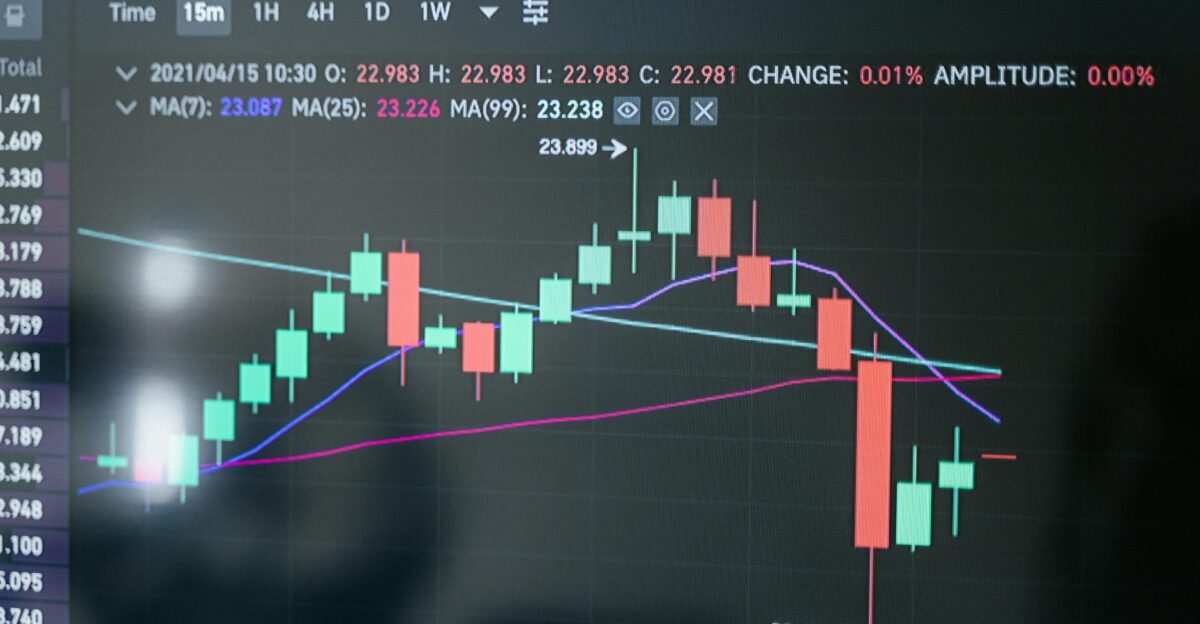
Crypto traders have been tense since the announcement. Some large funds bet on a dip, anticipating a future sell-off of the seized coins. Others argue that the very fact of the seizure highlights Bitcoin’s traceability (good for credibility) and have gone long.
In any case, volatility spiked as market makers hedged. Industry observers expect the U.S. to follow past practice and sell the coins in installments to avoid a sudden crash. Meanwhile, each $15B auction – if it happens – will be watched closely as a stress test of crypto market stability.
How to Spot a “Pig-Butchering” Scam
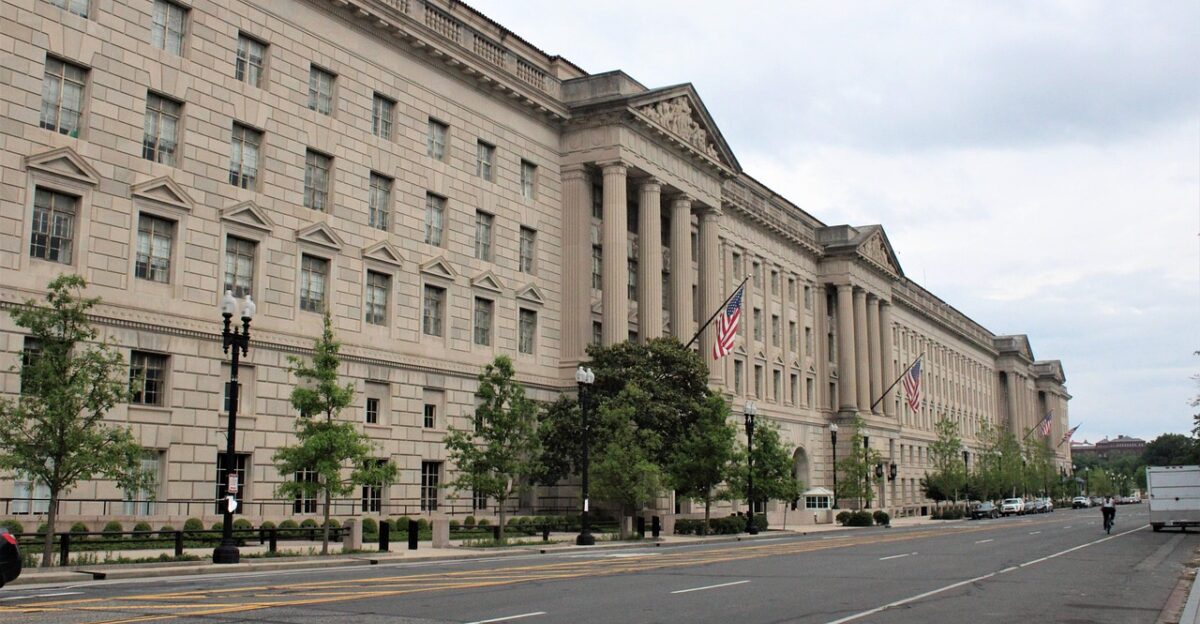
Consumers should heed the FBI’s advice to avoid becoming a victim. Be skeptical of unsolicited online contacts offering crypto investments. The FBI’s “Operation Level Up” guidance tells people: stop sending money immediately and file a report with the Internet Crime Complaint Center (IC3) if you suspect a scam.
Warning signs include requests to move to encrypted messaging, claims of guaranteed high returns, or pressure to cut off financial advisors and family.
Blueprint for Global Crypto Crime Fighting
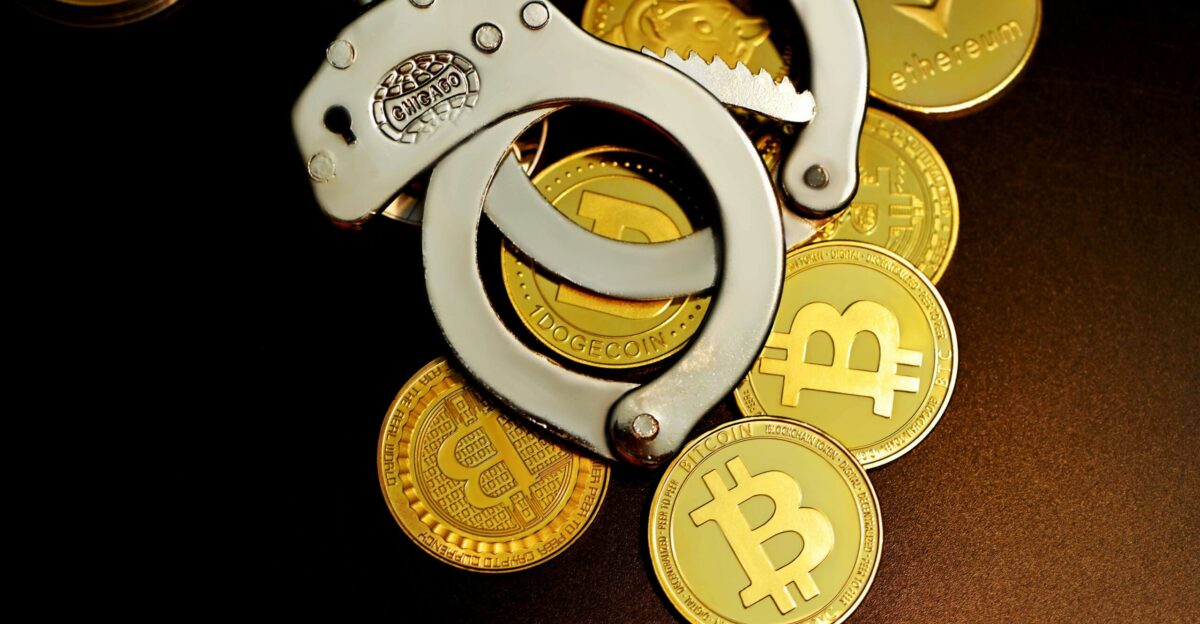
Authorities say the Prince Group case sets a new enforcement template. It combines indictments, asset seizures, sanctions, and international cooperation in one sweep. U.S. Attorney Nocella declared the indictment “historic,” vowing to pursue fraudsters “no matter where… or who” they are.
The operation involved U.S., U.K., and Asian partners sharing data and coordinating arrests. If Chen Zhi is ever caught, he faces up to 40 years behind bars, a sentence meant to deter other crime bosses.
Turning Point in Crypto Regulation and Crime Enforcement

In the end, the $15B bust sent a powerful message: cryptocurrency transactions are far from invisible. Attorney General Bondi said the U.S. will “use every tool at its disposal” to track, seize, and punish crypto-enabled crime.
The fallout is already reshaping the industry – from frightened investors and marketing shifts in retail sectors, to more funds for blockchain forensics.